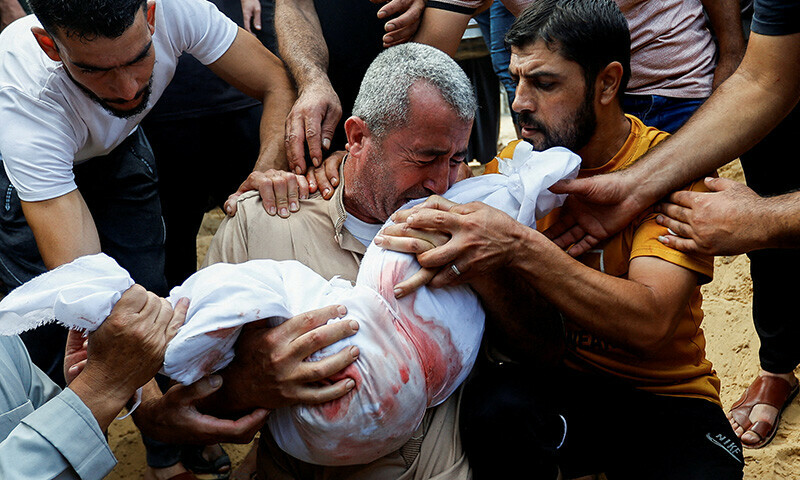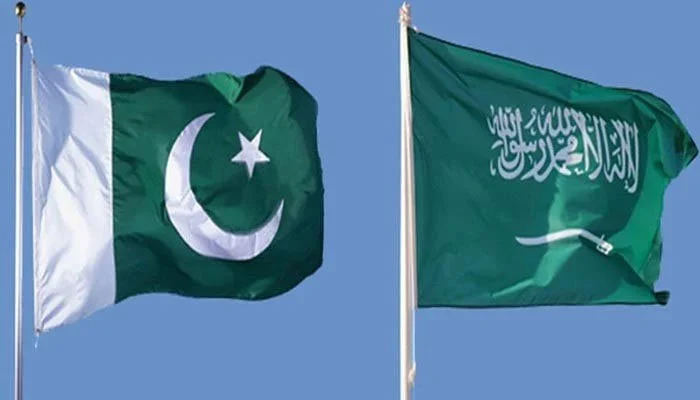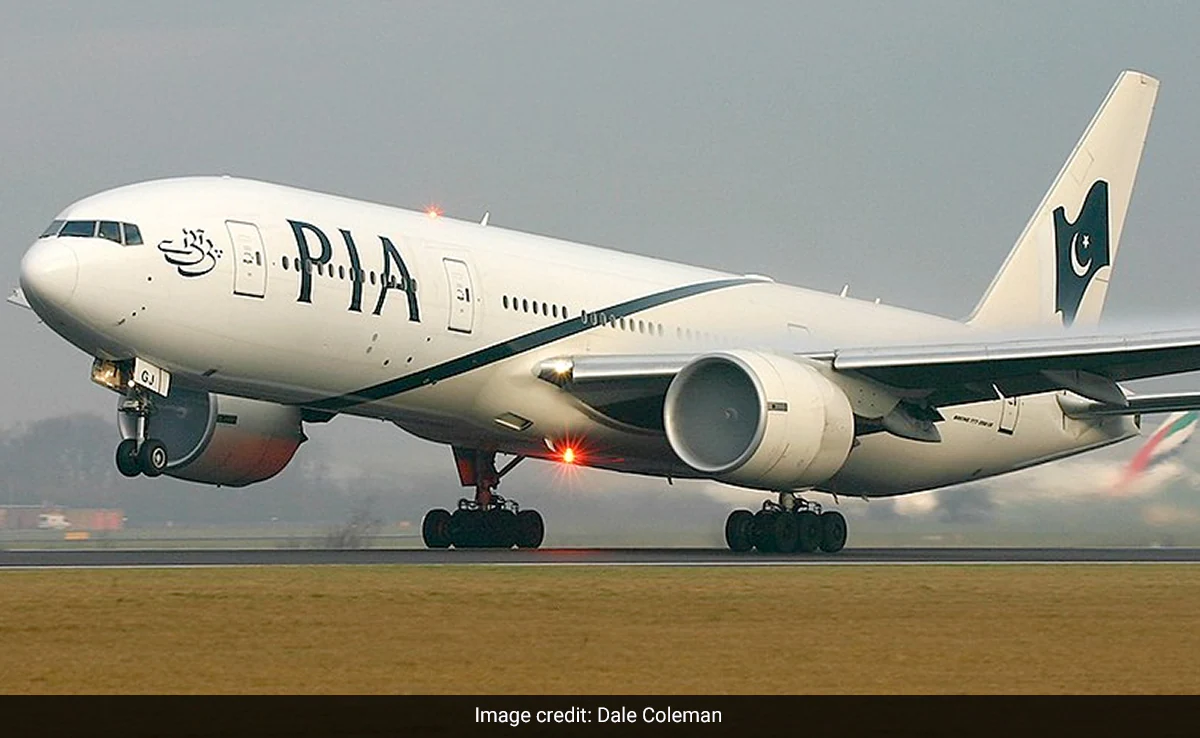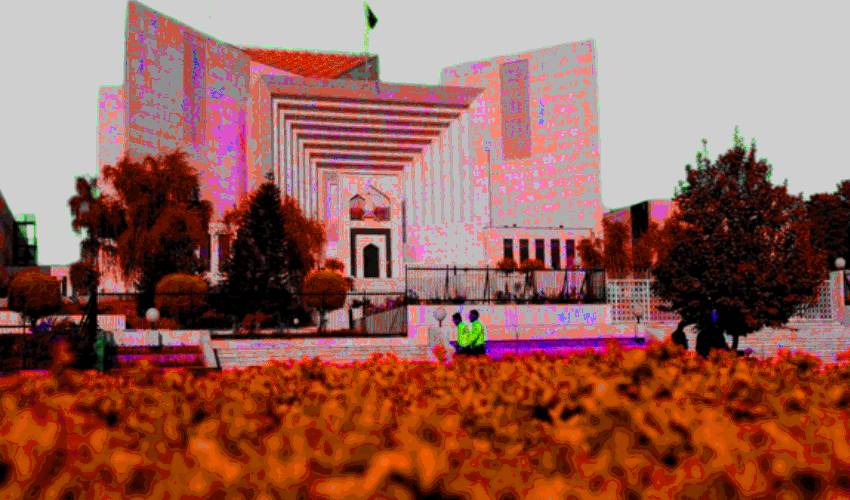
As relentless Israeli airstrikes continue to devastate the Gaza Strip, Israel has announced that it has regained control of the border areas from the Palestinian group Hamas. Fears of a regional conflagration are escalating, with an anticipated Israeli ground incursion into Gaza, the densely populated and impoverished enclave from which Hamas initiated its multi-pronged attack on Israel.
The Gaza health ministry has reported over 950 casualties and 5,000 injuries in the crowded coastal enclave since the start of this crisis. In contrast, Israel’s military claims the death toll in Gaza exceeds 1,200, with more than 2,700 injuries. Israel’s army also states that it has discovered the bodies of approximately 1,500 fighters.
International non-governmental organizations (NGOs) have issued grave warnings regarding the deteriorating health and humanitarian situation in Gaza.
“My entire life, I have seen Israel kill us, confiscate our lands, and arrest our children,” said Farah al-Saadi, a coffee vendor from the Israeli-occupied West Bank, who commends the Hamas offensive.
The Israeli military has called up 300,000 reservists and deployed tanks and heavy armor near Gaza and along the northern border with Lebanon, where exchanges of fire persist.
Israel’s military claims to have regained control of the embattled south and the Gaza border, ousting Hamas fighters from more than a dozen towns and kibbutzim.
Meanwhile, Israeli airstrikes have targeted Gaza’s Rafah border crossing with Egypt multiple times in the last 24 hours, resulting in widespread damage. White smoke billows from Gaza’s port following another airstrike, while Hamas rockets have struck Jerusalem’s deserted streets.
The violence has displaced over 260,000 people in Gaza, straining an already dire humanitarian situation. OCHA (the United Nations Office for the Coordination of Humanitarian Affairs) reports that more than 263,934 people have been forced to leave their homes. Nearly 175,500 have sought refuge in UN-run schools, and others are staying with relatives, neighbors, churches, and other facilities. This crisis marks the highest displacement since the 2014 escalation of hostilities.
The UN warns that providing basic necessities for those who remain is becoming increasingly challenging. Furthermore, Israel’s “complete siege” on Gaza has exacerbated the crisis, cutting off essential supplies, including food, water, fuel, and electricity. European Union foreign ministers have urged Israel to ensure access to these essentials and have called for humanitarian corridors.
UN Secretary-General Antonio Guterres has condemned the siege, emphasizing its violation of international humanitarian law. The situation is dire, with medical supplies running low at Gaza’s overwhelmed Al-Shifa hospital.
Amid the chaos, the toll on civilians is mounting, with Western leaders condemning the violence while pro-Palestinian sentiment in the Arab world surges. United States President Joe Biden labeled the Hamas attacks as “sheer evil,” and Israeli Prime Minister Benjamin Netanyahu vowed to continue the military campaign to destroy Hamas and “change the Middle East.”
This conflict has led to widespread casualties and international concern, with numerous nations reporting their citizens killed, abducted, or missing. In this dire situation, diplomatic efforts and international pressure continue to play a pivotal role in the quest for a lasting ceasefire and a path towards peace.
Thank you for entrusting us as your source of information. Together, we aim to shape a world where knowledge transcends borders and unites us all. Stay focused, stay informed, and let’s make our world a better place, one story at a time.



